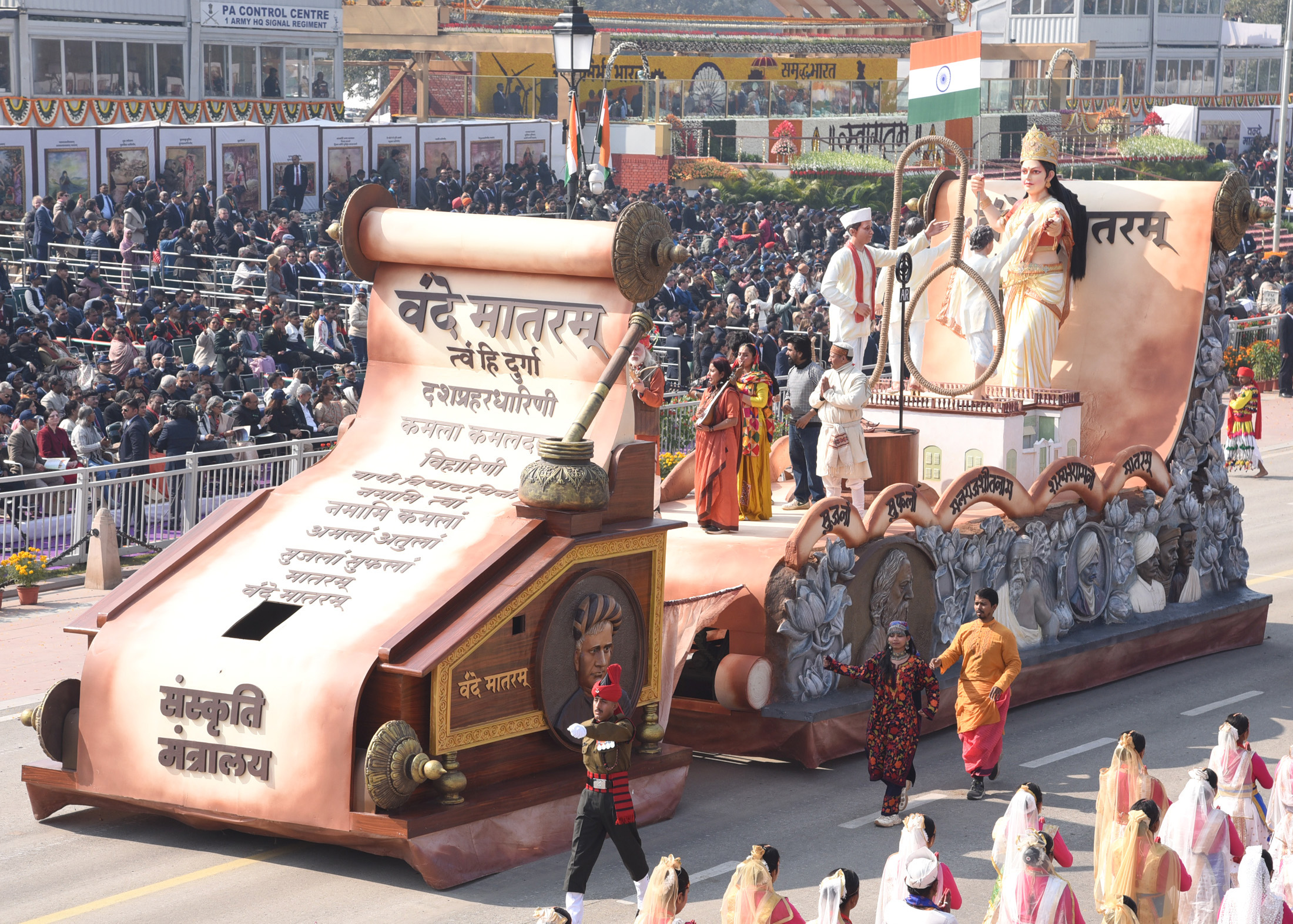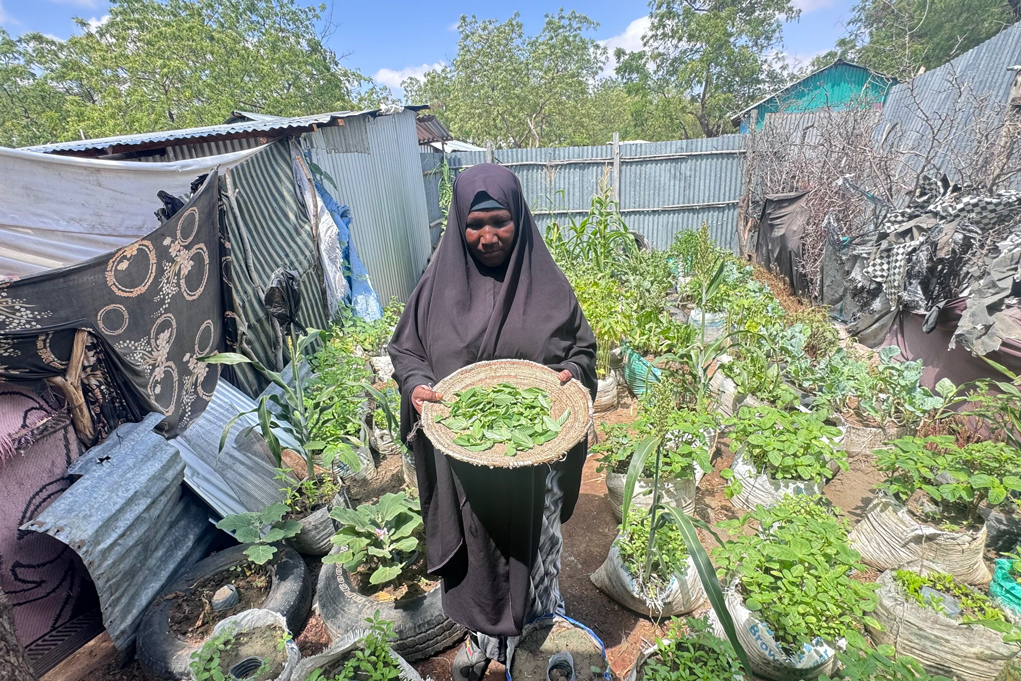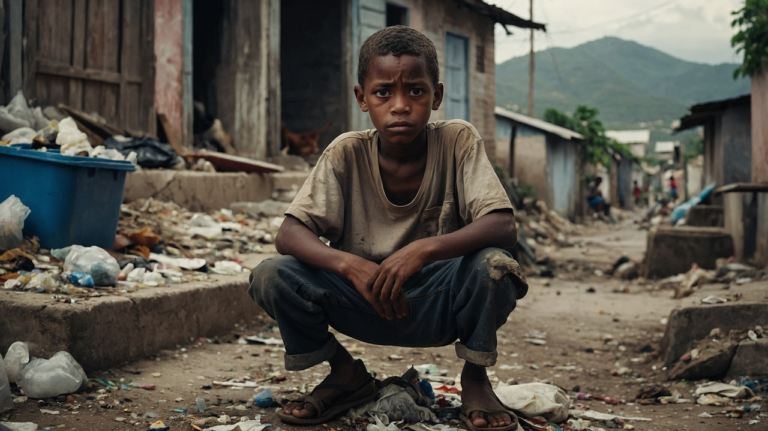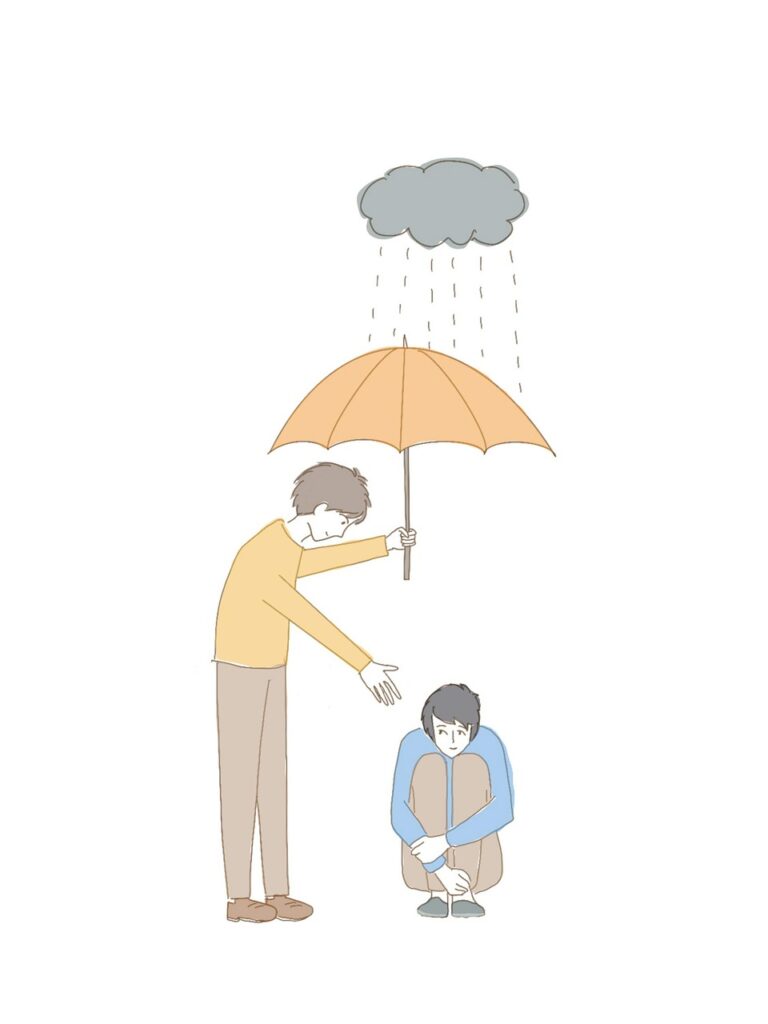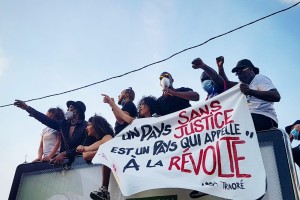
People came to protest against the custody death of a Malian-French man Adama Traore in Paris in July 2016. The banner in French says: “A country without justice is a country that calls for rebellion”.
Islamophobia in the country of human rights – Part 5
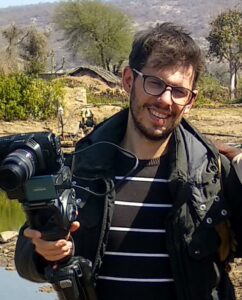 By Vincent Delbos-Klein*
By Vincent Delbos-Klein*
France saw a spate of terror attacks in recent months that the authorities attributed to Muslim extremists. In an exclusive series, Vincent Delbos-Klein explains what Islamophobia means in a country which is de facto multi-cultural society.
– Editor
When the ghost from the past comes to hijack the present
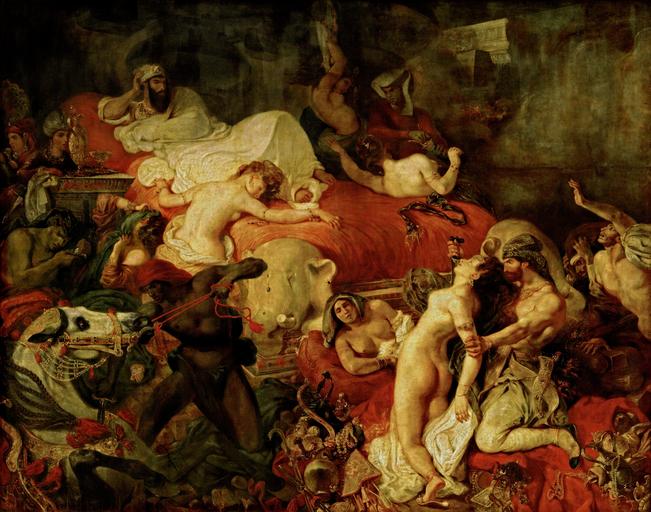
Some should say that past is the past, but colonisation was built on a model of society that still occurs nowadays. Rules are less official, but the whole organisation of the society is based on a structural segregation. If you are not white, the common sentence you might hear perhaps more than ten times a day will be : “where do you come from ?”
As innocent as it can appear on first sight for those who are not targeted by this sentence, a white person never receives this question, despite she or he might belong to a distant place such as New Zealand (which is precisely at the antipode of France). So it reminds the people with an extreme violence that – from white people’s eyes – they might never totally belong to the country if they are not white.
Also read: We are the country of the human rights, in theory
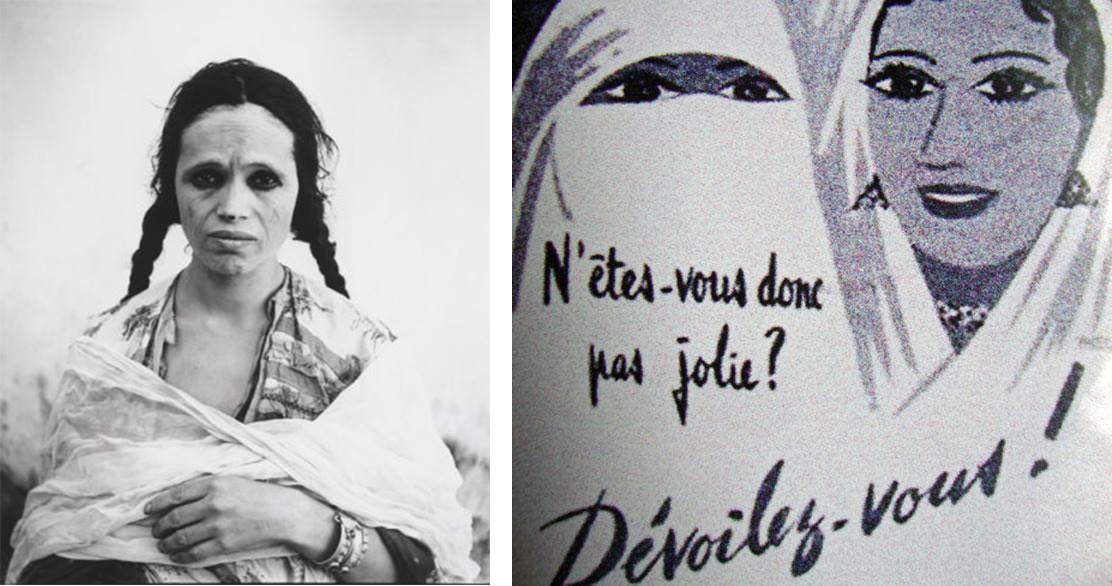
Another major difference is about inequalities. Succeed in school, find a job, get an apartment, enter a nightclub, walk in the street without fear the police, having an audition for a film : each citizen will live these experience depending on she or he will be white or not. And talking about the last example, if you want to find a role in a movie, you will have to accept the most stereotypical proposal you can imagine : a dealer, a terrorist, a guy from the suburb, a sexualised woman, a naked woman and eventually a character involved in a fight against discriminations.
Recently, some films have dealt with this question, such as “Tout simplement noir” made by Jean-Pascal Zadi in which a director (played by Matthieu Kassovitz) directed a casting in an extremely rude way, saying to his secretary : “I asked you an African and you give me a black from Montreuil”. This scene is not only a fiction scene, but a very daily problem for thousand of actors and it leads to another major point : how powerful can be your voice ? Or let it ask in a different way : how does society allow your voice to spread whether you are white or not ?

*Vincent Delbos-Klein is a Paris-based filmmaker and a researcher in sociology


